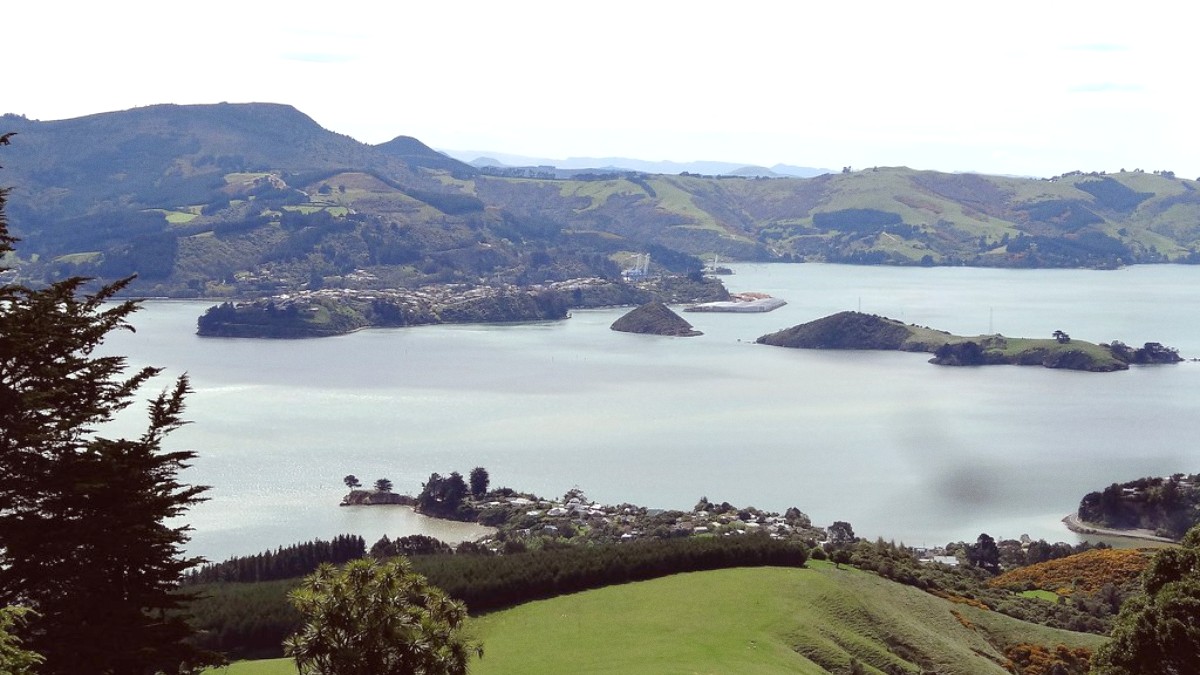
Dunedin And Otago, New Zealand
Spark, Vodafone, and 2degrees are main mobile providers. Tourist SIM plans are at airports or local stores. A pre-paid plan with sufficient data is recommended.
English is universally spoken. Māori is also an official language. Learning a few basic Māori phrases earns appreciation from locals.
For consistent connectivity, consider a local SIM card or an eSIM. Public Wi-Fi is common but may not be available everywhere, especially in remote areas.
Understand typical operating hours to plan your daily activities, and familiarize yourself with airport amenities.
Generally 9:00 AM - 5:30 PM (Mon-Fri), 10:00 AM - 5:00 PM (Sat), 10:00 AM - 4:00 PM (Sun). Supermarkets have extended hours.
Open early for breakfast, typically closing late afternoon or early evening. Many operate from 7 AM.
Lunch from 12:00 PM - 2:00 PM. Dinner from 5:30 PM or 6:00 PM - 9:00 PM or 10:00 PM.
Banks operate from 9:00 AM - 4:30 PM (Mon-Fri). ATMs are widely available at banks, supermarkets, and shopping centers.
New Zealand observes several public holidays. Most businesses operate on reduced hours or close. Plan accordingly.
Always check specific attraction websites or business hours online before visiting, specifically during public holidays or the low season (winter).
Familiarize yourself with local customs for respectful interactions, forming a positive experience for everyone.
A handshake is common for introductions. 'Kia Ora' is widely used and appreciated. Dress is generally casual; smart casual for nicer restaurants.
No expectation to tip; service staff receive fair wages. Ask permission before taking close-up photos of individuals. Respect photography restrictions in venues.
Avoid discussing race or politics derogatorily. Show respect for Māori culture. Do not perform a haka unless invited.
New Zealand is a progressive country with strong anti-discrimination laws. Same-sex marriage is legal. The country is generally very accepting and inclusive.
Dunedin strives for accessibility. Older buildings may have limitations. Contact specific attractions directly to confirm provisions and discuss your needs.
Dunedin aims for accessibility for all travelers, though variations exist based on infrastructure age.
Major public buildings and newer establishments generally design for accessibility. Older, historic buildings may have limited access.
Most public buses (Orbus) are wheelchair accessible with ramps. Wheelchair-accessible taxis are available via pre-booking.
Assistance animals are generally permitted in public places. Some attractions present audio guides or visual aids for sensory impairments.
Contact Disability Information & Support or Dunedin City Council for specific accessibility maps and information.
Contact individual attractions or service providers directly in advance to confirm current accessibility provisions and discuss any particular needs. This forms a smoother experience.